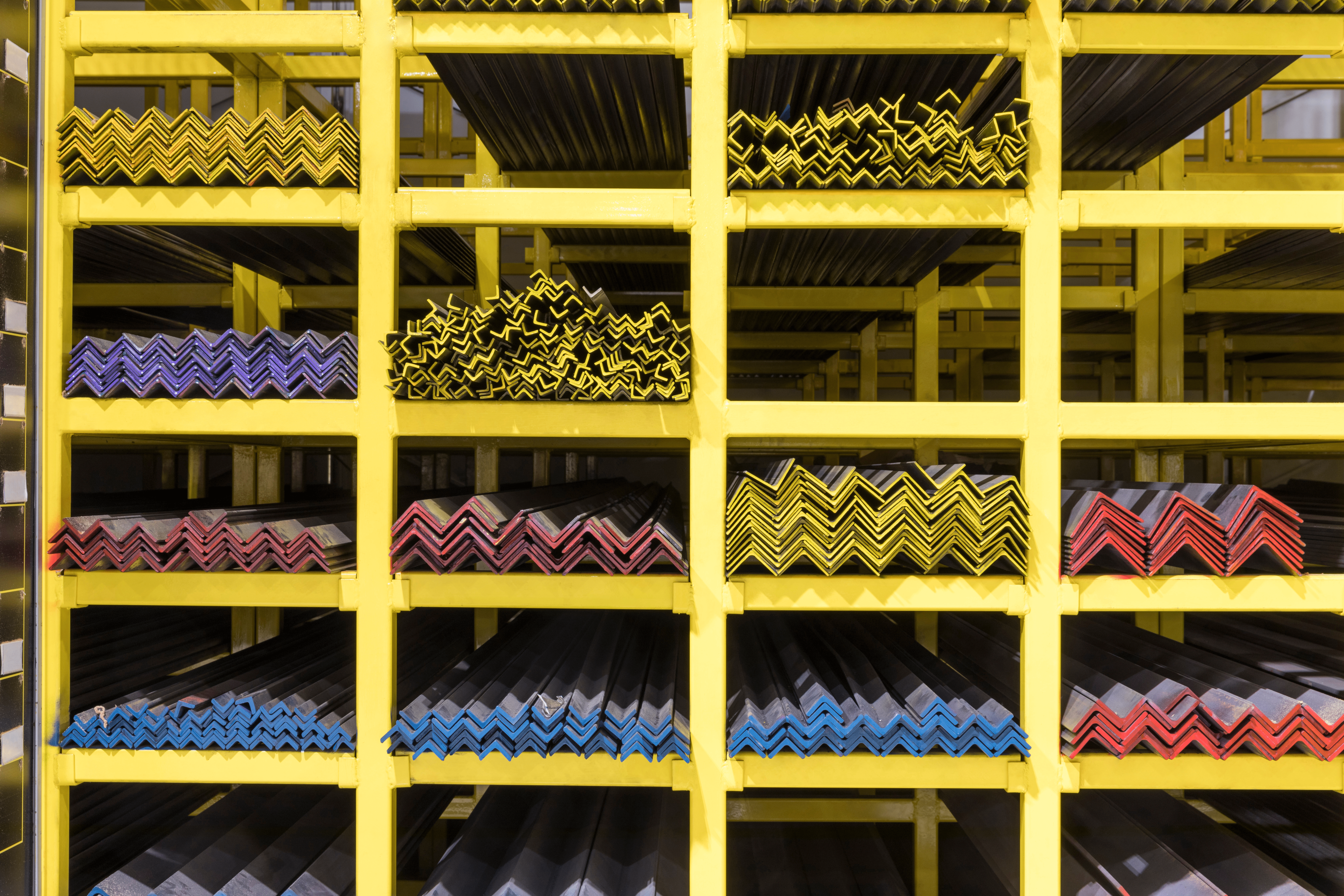Our Blog

Bespoke signage is useful at fulfilling a range of both indoor and outdoor applications – from internal retail promotions and wayfaring to external branding signs to draw attention to your business on a busy high street. The advantage of choosing bespoke signage is that you can tailor your signage to fulfil your specific objectives and match your branding requirements – and your choice of material is a key element of optimising your signage choices to the needs of your business.
With a variety of different signage materials available, how do you choose the right one for your business? In this article, we provide a brief overview of some of the most popular options for business signage, and how the demands of your application will affect your choice.
Metal:
Metal signs are incredibly durable and, with the right treatment, can withstand outdoor weather conditions while retaining their ‘as new’ appearance. They can also be very easy to clean and maintain – making them an excellent option for low-maintenance retail and office signage on high streets and business parks. However, some metal signs can be quite expensive, and they may require special installation methods. There are a variety of metals that can be used for business signage, depending on the look and feel that you want to achieve. For a more modern look, stainless steel or aluminium might be the best choice. If you want something with a more classic or traditional feel, brass or bronze could be a good option to accentuate the details of your signage, and even cast iron for high-end service businesses (e.g. solicitors, accountants etc). Copper can also add a unique touch to signage when used in conjunction with a polymer base.
No matter what metal you choose, make sure it is durable and weather-resistant so that your signage will retain its premium appearance throughout its expected life cycle. Some metals discolour or oxidise naturally on exposure to the air, and some are susceptible to rust and corrosion. The durability of metal signage can be increased through the application of protective coatings in some cases.
Acrylic:
Acrylic is a type of poly-methyl methacrylate (PMMA) plastic that is often used for outdoor business signage because it is cheap to produce, easy to fabricate, and is durable and weather resistant. Acrylic is also an equally good option for attractive and professional indoor signage. It can be moulded into a variety of shapes and sizes, so you can create signs that are both unique and eye-catching. Acrylic is the signage material of choice for bespoke transparent signage, as it is far more resistant to weathering and wearing tear than other transparent plastics. The material is also easy to clean, so you won’t have to worry about your signage looking dirty or faded over time.
PVC:
Polyvinyl chloride (PVC) is a lightweight and waterproof polymer material that is often used for temporary or seasonal signage in shops, retail centres, and busy public spaces – such as hospitals. PVC is available in either a rigid or flexible form, so be fashioned into a wide variety of shapes and sizes. Businesses utilise PVC for numerous informational or promotional signage applications, from wall-mounted directional signage to flexible decorative window graphics. In both its rigid and flexible varieties, PVC is also extraordinarily lightweight, making it easy to install, transport, manipulate, and maintain. However, PVC it is not as durable as metal or acrylic and works best in indoor applications (or the internal side of windows for window graphics).
Vinyl:
Vinyl is a versatile synthetic resin that is fashioned into a soft substrate for use in both indoor and outdoor signage as window graphics, vehicle decals, and wraps. Vinyl signs can be created in a wide range of colours and finishes, and it can be printed on almost any design. Vinyl signage adds a cheap and versatile new element to any signage strategy, being useful for door stickers, wall-mounted signage, safety signs, posters, and window graphics, as well as short-term promotional applications.
What To Consider When Choosing A Material For Your Sign
As you can see, there are several different materials to choose from when it comes to static business signage. The right material for your application will depend on several factors, including your budget, the intended location, and whether you need a permanent installation or temporary signage solution. If signage is going to be installed outside, you'll need to make sure it is corrosion and UV resistant and can withstand the sun, wind, and rain all year round without fading or losing its appearance.
If you need the sign to retain colour fidelity and pristine appearance for long-term use – e.g. for shop signs – you'll want a material that is durable and won't discolour or fade over time. Finally, the size and weight of your signage installation play a key role in deciding which materials to use. Some plastic materials – notably acrylic – are scalable to signs of any size without a significant increase in cost per square inch, whereas metal signs are more expensive, per square inch, for larger signage areas.
Bespoke Signs And Much More From Image Technique
Image Technique is a specialist, end-to-end manufacturer delivering bespoke sign solutions to clients throughout Britain. To find out more, please download our free online guide, or have a chat with one of our sales team by calling 01527 578533.
Image Source: Canva



